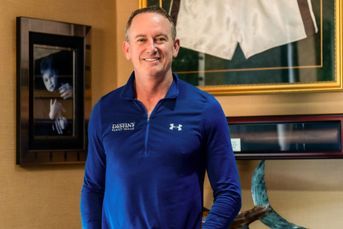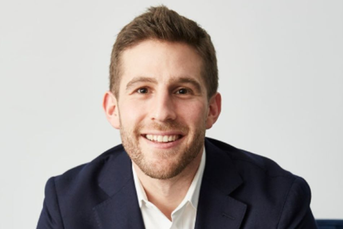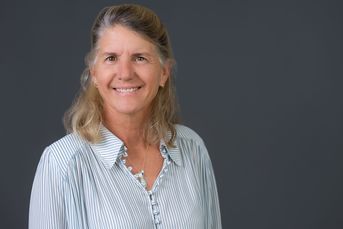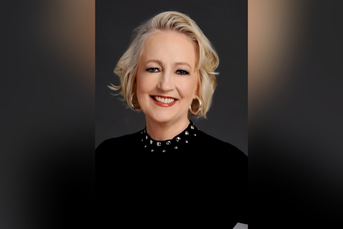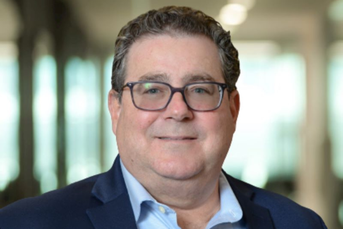Constantly evolving to best serve clients
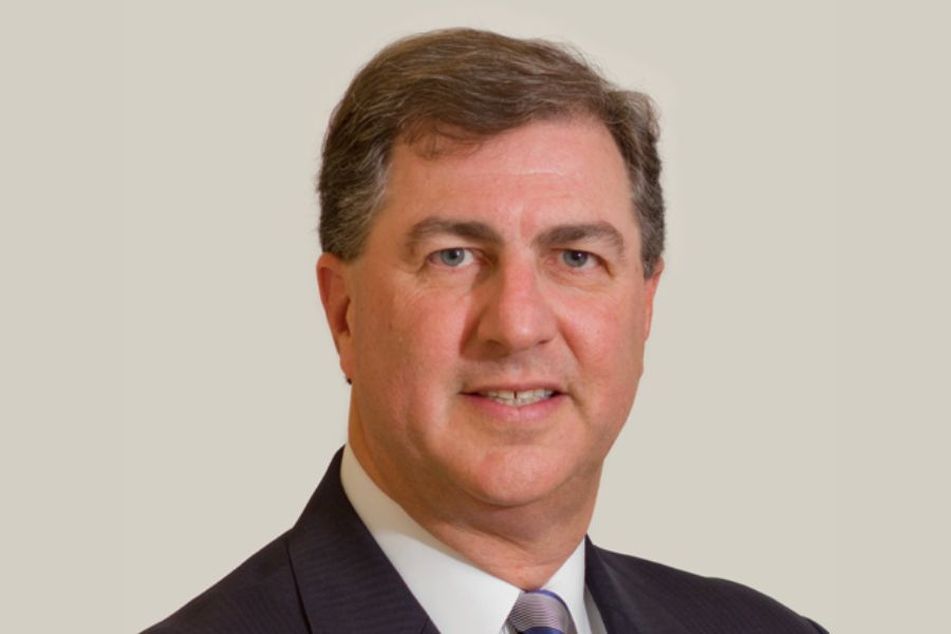
Jordan Mayer subscribes to the adapt-or-die mantra – and believes this relentless commitment to improvement sets J.P. Morgan apart
For Jordan Mayer, the client is everything. As a wealth partner with J.P. Morgan Wealth Management, he says this defines his approach to wealth planning as well as how he’s able to connect clients to the breadth of J.P. Morgan’s offerings across its different lines of business.
“Everything needs to be about the client,” he says. “They are front and center. How can we best help our client, whether they’re an individual or family, nonprofit or company? We need to help them define what their goals are, because we’re entirely driven to help them meet their needs and navigate complex wealth-management challenges.”
This begins with customized solutions. Mayer, who leads Maybach Partners in New York City, explains that the firms start by looking at asset allocation and income needs, and assessing the strategies that should be brought into a portfolio.
“Risk is a big part of what we do because we’re dealing with very significant dollars,” he says. “With institutional-type clients, for example, we’re dealing with other people’s money. So we need to do a risk assessment – we’re here to try to protect capital as best as best we can. We also work on a basis of respectful relationships, not only outward from our team but also with regard to what we expect from clients.
“We like to think of our relationship with a client as a partnership. A successful client-advisor relationship should be built on trust. But I also think that it’s very important to align the quality of J.P. Morgan and all of the services that we offer as a firm with the kinds of clients we’re looking for.”
This “two-way street” approach has its advantages. And because Mayer is used to working with different lines of business to help serve complex clients, he has to have an understanding of the commercial bank, the investment bank, and the institutional side of asset management.
“We need to understand J.P. Morgan’s broader capabilities and how those can come together to best serve a client,” he says. “We want to work with people who understand the quality that J.P. Morgan brings and the breadth of our services.”
For Mayer, this starts with having a top-notch team. His team, he explains, comprises 11 members – seven on the relationship and investment side and four dedicated entirely to supporting clients’ individual service needs.
“Our team COO plays a very important role,” he says. “She and one of our relationship managers have been with us for at least 30 years. Longevity and consistency contribute to the top-notch client service we provide. Education is important on our team, too. We send everybody who joins our team to advanced Excel training, so that they learn how to use the core programs in today’s world. [We want] their education to be as good as it can be. Many of them have also gone on [to get] varying designations. People on our team are making a commitment to learn because it helps them grow, and our clients deserve exceptional service.”
It’s this commitment to progress, be it on an individual or organization-wide basis, that Mayer believes sets JP Morgan apart. And, in a sector that’s constantly evolving, that ability to flex and change is no longer a nice-to-have character trait – it’s a necessity.
“Change is the new norm,” Mayer says. “As is technology. We need to have people on our team who are savvy with technology and are willing to teach others – that’s really how we adapt to some of the change. Another example of change is being able to adapt to better serve clients. For example, we realized that there were institutional insights that we needed to build into our team. As a result, four years ago, my daughter, who had experience in institutional sales and trading, and fixed income and derivatives, joined the team.”
In today’s competitive landscape, Mayer’s approach to diversifying the team’s skill sets is something that sets Maybach up for long-term success. Keeping an eye on standards is also very close to his heart.
“What sets us apart is that we, again, stay entirely client-centric,” he says. “Some of this is the same philosophy that comes through time and time again – we’re not trying to be something that we’re not. We understand what we’re good at, we understand our weaknesses, whom we should work with and whom we should not. We’ve built our team to be able to provide excellent service to clients. We need great relationships, and we need to be able to deliver services where we’re helping, whether it’s individuals or entities.”
Index giant Vanguard making waves with private equity offerings
Learn more about reprints and licensing for this article.

